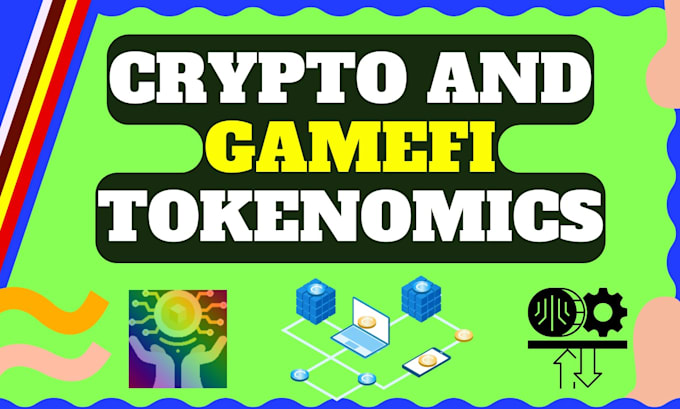Black Tube Sex Hub
Exploring the world of adult entertainment and erotic content.
Tokenomics: Where Virtual Worlds Meet Real-World Value
Explore the fusion of virtual worlds and real-world value in tokenomics. Discover how digital assets transform economies!
Understanding Tokenomics: Bridging Virtual Economies and Tangible Value
Tokenomics refers to the economic system that underpins digital tokens and cryptocurrencies, providing a framework that connects virtual economies with real-world value. By analyzing how tokens are created, distributed, and traded, we can gain insights into their roles within blockchain ecosystems. Understanding tokenomics is essential for evaluating the viability and potential profitability of various projects, especially in an era where decentralized finance (DeFi) and non-fungible tokens (NFTs) are reshaping traditional market dynamics. In essence, tokenomics serves as the bridge that links concepts of scarcity, utility, and governance, facilitating engagement in virtual economies while maintaining a tangible connection to value.
Moreover, effective tokenomics can significantly impact a project's longevity and success. A well-structured token model typically includes aspects such as incentive mechanisms, governance models, and liquidity provisions that align the interests of stakeholders, including developers, investors, and users. For instance, utility tokens provide users with access to specific services, while governance tokens empower token holders to influence the project's direction. By grasping the intricacies of tokenomics, participants can make informed decisions that not only benefit their portfolios but also contribute to the overall health and sustainability of the digital economy.

Counter-Strike is a popular tactical first-person shooter game that has garnered a massive following since its release. Players compete in teams, with the primary objective of completing missions such as bomb defusal or hostage rescue. For those looking to enhance their gaming experience, using a bc.game promo code can provide additional benefits and rewards.
The Role of Tokenomics in Shaping the Future of Virtual Worlds
Tokenomics plays a crucial role in shaping the future of virtual worlds, influencing not only the economic framework but also the social dynamics within these digital environments. By establishing a well-defined structure of incentives and rewards, tokenomics fosters engagement and promotes user participation. This system not only encourages the development of unique content but also enables creators to monetize their contributions effectively, ensuring a sustainable growth model for these virtual ecosystems. As a result, the integration of tokenomics can lead to enhanced collaboration among users, driving innovation and attracting a diverse array of participants.
Furthermore, the impact of tokenomics extends beyond individual virtual worlds, shaping the broader landscape of digital economies. Users can trade, stake, and exchange tokens across platforms, creating interoperability that enhances their overall experience. As virtual worlds continue to evolve, the principles of tokenomics will be fundamental in guiding economic interactions, establishing governance models, and fostering community trust. In summary, as we move towards an increasingly interconnected digital future, the role of tokenomics will be pivotal in determining the success and longevity of virtual worlds.
How Tokenomics is Redefining Value Exchange in Digital Ecosystems
Tokenomics is fundamentally changing the way value is exchanged in digital ecosystems by introducing a well-defined economic structure leveraging tokens as units of value. These tokens can represent a variety of assets or utilities within a blockchain environment, providing a decentralized approach to transactions that are both transparent and secure. As businesses and projects adopt tokenomics, they create a more engaging user experience by allowing participants to earn, trade, or use these tokens to access services or products. This approach not only enhances liquidity but also fosters community involvement and loyalty, thereby creating a more vibrant ecosystem.
As we delve deeper into the implications of tokenomics, it is essential to recognize how it fosters innovation and incentivizes behaviors that benefit the community. By integrating mechanisms such as reward systems, staking, and governance tokens, users are empowered to take part in the decision-making processes of platforms. Moreover, the adaptability of tokenomics allows for the dynamic adjustment of token supply in response to market conditions, ensuring that value exchange remains relevant and sustainable. This redefinition of value exchange promises a more equitable distribution of resources and opportunities within digital spaces.